Daily Practices
As residents of the Midlands, our actions at home, work, and play have an effect on our rivers. You can make a difference in the health of the Congaree, Saluda and Broad Rivers by taking the following measures.
Lawn Care
How we take care of our lawns and yards can have a significant impact upon the health of our waterways.
Stormwater runoff
from rain and irrigation can wash fertilizers, herbicides, and pesticides from our yards into storm drains and, ultimately, into our river and their tributaries.
Excessive nutrients
(nitrogen and phosphorous) from fertilizers can cause serious algal blooms that are harmful to aquatic life, wildlife, and even human health.
Herbicides and pesticides
can also be harmful to aquatic life, wildlife, and humans.
What You Can Do
Mulch your beds with sustainable, natural materials to retain moisture and slow wet weather runoff.
- Plant a tree!
Trees help reduce the volume of stormwater that flows into our rivers. Trees are natural pollution filters, filtering stormwater by removing nutrients, like nitrogen, and other pollutants. Trees also improve air quality, reduce energy consumption by shading and cooling our homes and businesses, and provide valuable habitat for insects and wildlife.
- Create or expand beds
using native or low maintenance plants next to water bodies, streets, driveways, and sidewalks. This will create buffers to help prevent runoff and keep fertilizers and chemicals on your lawn.
- Use pervious materials like gravel, crushed stone, mulch or pervious concrete or pavers, when building or expanding driveways, walkways, and patios. These materials minimize runoff, by allowing stormwater to percolate down through the surface into the soil where it can be naturally filtered and pollutants are removed.
Conserve Water
Reducing your water usage can both save you money and help keep more water in our rivers.
What You Can Do
- Buy water efficient appliances, and fix water leaks. Use rain barrels to contain rainwater for use in your yard or garden.
- If you use an irrigation system, adjust your sprinklers to only water your grass
and plants, not your street, sidewalk, or driveway.
- Routinely adjust and maintain timers
and sprayheads.
- Use drip irrigation
when feasible.
- Pay attention to the weather forecast and seasonal weather patterns and make adjustments to your irrigation practices accordingly.
Don't Litter
Please dispose of your trash responsibly. While most litter seen along our roads and rivers and streams have little impact on water quality, it does detract from the aesthetic quality of our natural surroundings. Some trash, like plastic rings, may harm aquatic wildlife.
Conserve Energy
Generating electricity uses more water than any other water use. Save money and water by turning off lights when away, insulating your water heater, using energy efficient appliances and light bulbs, and reducing your thermostat.
Keep Informed
Learn about our rivers and the issues that are impacting their health. Keep up-to-date on public meetings, hearings, and educational lectures about permit applications, or other threats to our rivers. Get engaged in river protection!
Be Attentive
Whether you are in your car, boat, or on foot, pay close attention to what is going on around you. Is dirt running off a construction site into a creek? Did you spot a fish kill or a broken wastewater pipe? Is someone illegally-dumping trash or pollution into a storm drain or directly into a water body?
If you don't know who to call or are having trouble getting someone to take action, call Congaree Riverkeeper at 803-760-3357.
Dispose of Grease Properly
Grease and fat from cooking can accumulate in pipes and cause blockages in the sewer system. Sewer pipes blocked by grease can cause raw sewage to back up and overflow into our rivers. Grease blockages are a leading cause of sewer spills nationally.
Never pour grease down your drains.
Instead, pour grease into a disposable container and throw into the trash or use paper towels to soak up grease from pots and pans and throw the paper towels in the trash. Scrape fat and grease from plates and cooking utensils directly into the trash. If you have a large amount of used cooking oil you can drop it off at an approved location for recycling.
